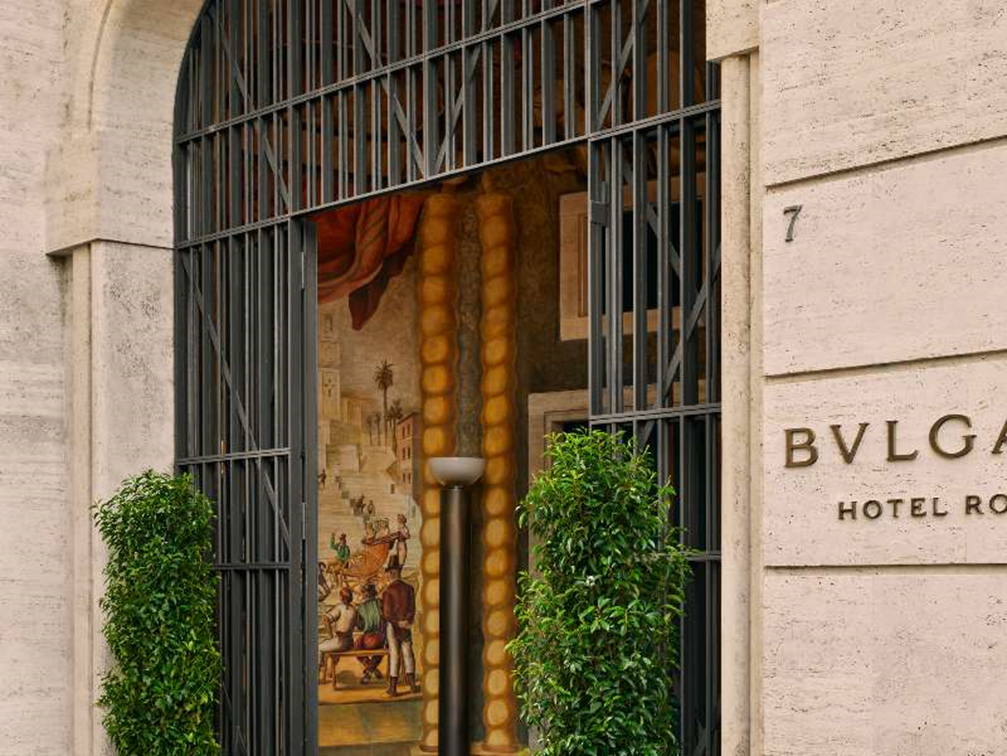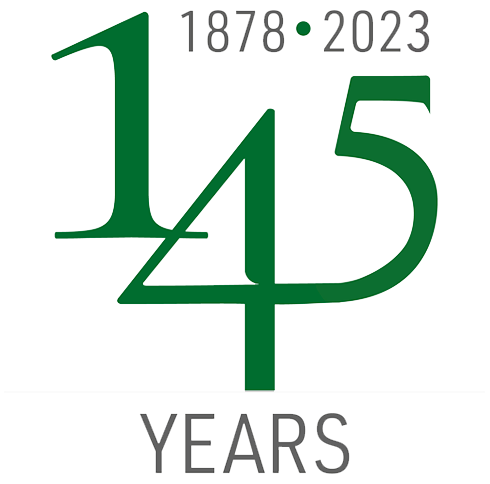Domain parking at the Bulgari Hotel? No, thanks. BULGARI obtains the reassignment of the domain name
Domain Parking
A domain name is defined as “a unique name that forms the basis of the Uniform Resource Locators (URLs) that people use to find resources on the Internet (e.g., web pages, email servers, images, and videos)”, and it serves to identify a specific address on the Internet belonging to a company, organization, institution, or individual (source: ICANN: https://www.icann.org/en/icann-acronyms-and-terms/domain-name-en). A domain name consists of two or more text segments separated by dots, such as “barzano-zanardo.com”.
Through the domain parking, the Registrant literally parks his domain name without using it. As it is well known, in fact, anyone is entitled to register a domain name, if it is free and has not been previously assigned to others, without having any obligation to use it. The web page will be built therefore as a simple temporary screen that remains such for a long time.
A praxis recognized as a potential indication of bad faith is the use of domain names that redirect the traffic to other websites (the so-called “pay-per-click”), thus attracting the users precisely through the domain name digited in the URL bar.
This is a rather frequent and abstractly lawful conduct to the extent in which it does not infringe the exclusive rights of third parties, sometimes seeking to take undue advantage from the reputation of a trademark and/or a company.
Hence, the Registrant gets paid on the basis of how many times users click on the links, who – attracted by the domain name being identical or similar to a brand or the name of an important company – mistakenly believe they are accessing its contents and/or products.
This is the case covered by the decision of December 1st, 2023 issued by the WIPO (World Intellectual Property Organization) Arbitration and Mediation Center, by which the transfer of the <bulgarihotelsgroup.com> domain to the claimant Bulgari S.p.A. was granted, due to the fact that it contained the well-known BULGARI trademark.
The requirements for obtaining a domain name reassignment and the <bulgarihotelsgroup.com> case
Before examining the present case, it is worth mentioning what it is meant by reassignment procedure, focusing in particular on the protection tool that can be used to challenge the unlawful registration of a domain name identical or similar to the trademark or company name of third parties.
The Uniform Domain Name Dispute Resolution Policy (UDRP) requires the Claimant to prove that the following three requirements are met:
- The trademark is identical or confusingly similar to a previously registered trademark;
- The registrant has no legitimate rights or interests with respect to the disputed domain name;
- The domain name has been registered and is being used in bad faith.
Whereas the first requirement can be easily demonstrated in the presence of a registered trademark, as well as a renowned one, as in the case of BULGARI, proving the existence of bad faith is usually more difficult instead, as it requires the presentation of arguments and documents certifying at least the fact that the domain name registrant is aware of being potentially in conflict with a third parties’ trademark.
The second requirement generally consists in a mere allegation that the owner of the trademark has never granted any authorization or license of use to the registrant and that the latter has no other right to use it, even as a domain.
Therefore, Bulgari S.p.A. contested the assignment of the domain <bulgarihotels.com> by successfully demonstrating the following:
- the BULGARI and BVLGARI trademarks are world-wide protected by registrations, including the United Kingdom, i.e., where the registrant was resident;
- the anteriority of the registrations of the BULGARI and BVULGARI trademarks dates back to the late 70s, therefore well over forty years before the date of registration of the disputed domain;
- the BULGARI and BVLGARI trademarks are globally known, thanks to the promotional activity and the recognition obtained for their high-end jewelry and accessories;
- the www.bulgari.com website was registered in 1998 and is currently visited by over 2 million users per month from all over the world;
- the fame of the Bulgari Hotels could not have been ignored by the registrant: just by taking a look at the https://www.bulgarihotels.com/ website, it is evident that it is one of the most renowned resort hotel chains in the world, with premises in Rome, Milan, London, Dubai, Tokyo, Beijing, Paris and new imminent openings overseas:

(Website https://www.bulgarihotels.com/ – copyright Bulgari S.p.A.)
(The Bulgari Hotel’s facade in Rome, placed in the beautiful Piazza Augusto Imperatore, in the heart of the Campo Marzio district: https://www.bulgarihotels.com/it_IT/rome/the-hotel/the-design – copyright Bulgari S.p.A.) -
- The registrant has no right or interest in making himself known and/or using the word BULGARI except that of taking advantage of the goodwill and reputation linked to the BULGARI trademark;
- as further proof of the absence of any actual or lawful interest on behalf of the assignee, the Applicant pointed out that the disputed domain name had never been exploited before but for a parking page;
- it was therefore reasonable to infer that the defendant was not using the disputed domain name in connection with goods and services in good faith.
- Since there was no other reason or evidence of good faith, it was clear that the domain registration <bulgarihotels.com> had been a clear attempt to generate a commercial profit by deceptively luring users online and redirecting them to third-party websites.
The WIPO Arbitration and Mediation Center upheld Bulgari S.p.A.’s complaint, confirming all the arguments put forward, also in light of the registrant’s failure to respond. Therefore, the Expert ordered the reassignment of the domain <bulgarihotelsgroup.com> to the Applicant Bulgari S.p.A.
The present case is a clear example of cybersquatting, against which the owner of the BULGARI trademarks promptly acted to protect their trademarks and their image.
By its nature, the UDRP reassignment arbitration procedure is a fast and efficient tool, an alternative to the Court, to counter any – and increasingly frequent – online infringements of one’s exclusive rights. By filing a complaint, although well argued, the applicant Bulgari S.p.A. was able to easily recover within less than three months the domain name that entirely reproduced their trademark, duly removing it from undue exploitation by the original owner.
The present case is one of the many examples of how the protection of trademarks from online abuse has now become an essential priority for companies, especially in the presence of a strong identity heritage such as that of luxury brands.
In this sense, it is always advisable to contact an expert consultant in Intellectual Property who can advise you on the fastest and most efficient dispute strategy to contest infringements even online.

